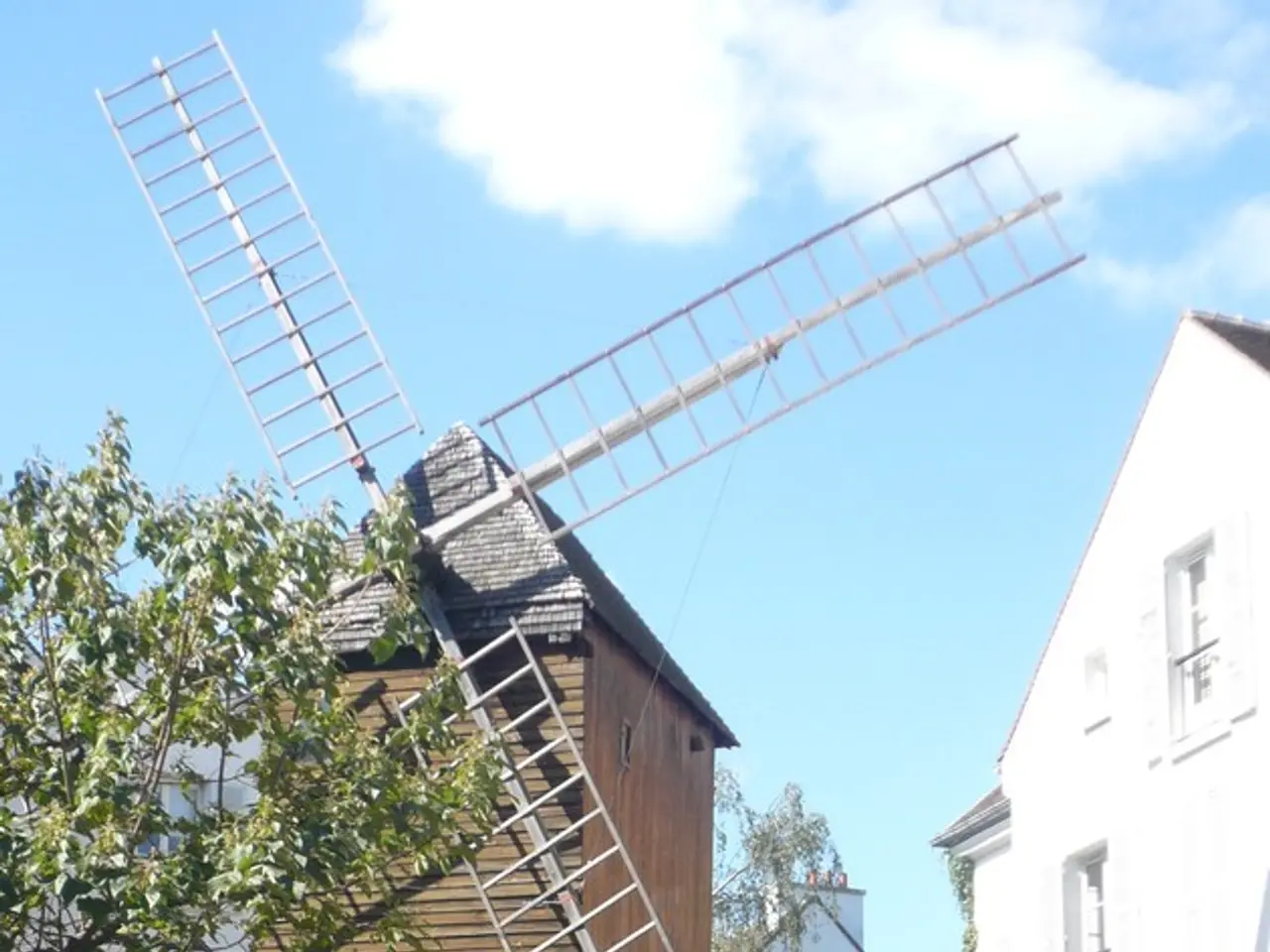Study Questions Benefits of Wind Power Auctions in Germany
A recent study casts doubt on the benefits of using auctions to determine wind power prices in Germany. While auctions have led to a significant decrease in prices, they also introduce additional risks and bureaucratic efforts, potentially outweighing the advantages.
Wind power prices in Germany have plummeted since the introduction of auctions. However, a study suggests that the marginal reduction in compensation levels might not be worth the extra hassle and risks. The shift from feed-in tariffs to auctions was initially aimed at giving policymakers control over the annual amount of renewable energy built, not necessarily to reduce prices.
The first auction round saw onshore wind power projects being around 25% more expensive than they would have been under feed-in tariffs. The low prices reported in auctions are often due to comparing different timeframes, such as the auction announcement and grid connection. The Federal Network Agency (Bundesnetzagentur) has analysed the control and limitation of renewable energies, stressing the need for additional controllable capacities like gas or hydrogen power plants to balance fluctuations. This requirement has been known for over 15 years and can be mitigated by accelerating renewable capacity expansion.
The second auction round resulted in prices roughly similar to feed-in tariffs, while the third round saw savings of around 10%. However, these price differences assume that projects will be completed near the deadline.
The study's findings challenge the notion that auctions are the best way to determine wind power prices in Germany. While auctions have led to some price reductions, they also introduce risks and bureaucratic efforts that may not be worth the trade-off. The focus should be on ensuring a balanced approach that considers both price and security of supply.
Read also:
- Wind Farm Controversy on the Boundary of Laois and Kilkenny
- Delaware's contentious offshore wind project faces uncertainty as the Trump administration reverses course on clean energy initiatives.
- Texas greenlights $1.8 billion investment for solar, battery, and gas-based microgrid construction
- Trump initiated an order to maintain the operation of a Michigan coal power plant, which was gearing up for closure.








